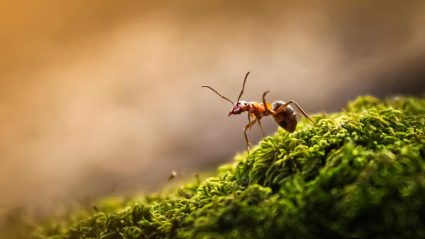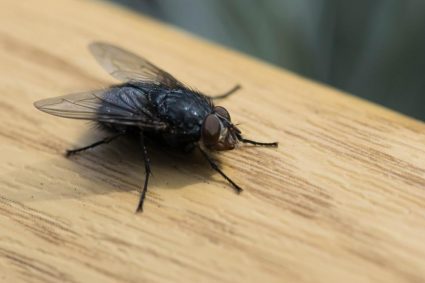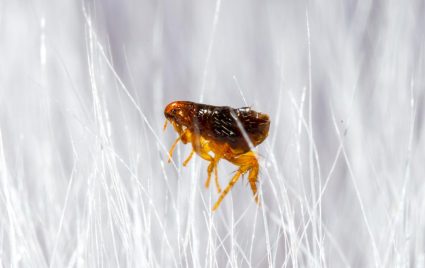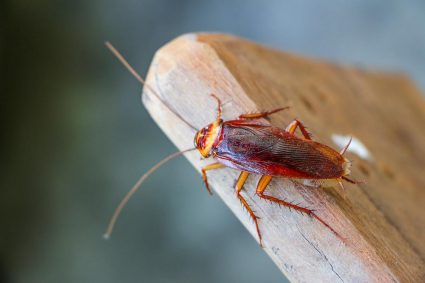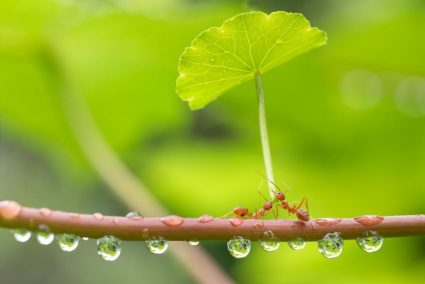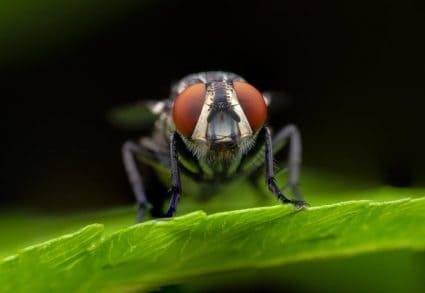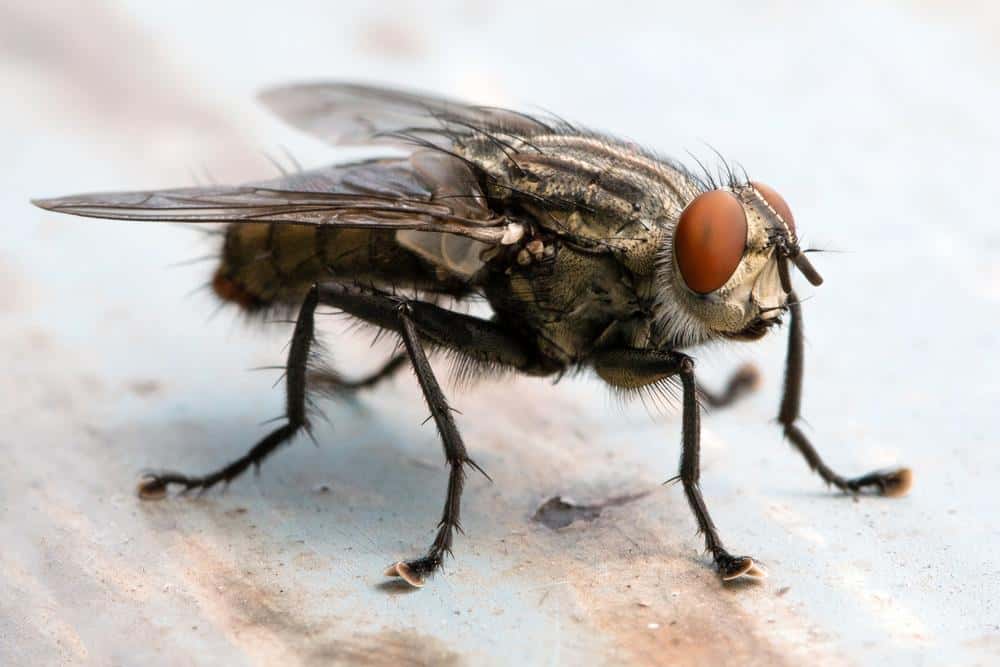
When the summer sun is shining and the pool is calling your name, the last thing you want to deal with are pesky horse flies. These large, biting insects are not only a nuisance, but their bites can also be quite painful and, in rare cases, cause allergic reactions. Therefore, it’s essential to know how to keep horse flies away from your pool. In this comprehensive guide, we will explore why horse flies are attracted to pools, the potential risks they pose, and effective strategies to deter them.
To keep horse flies away from your pool, maintain regular lawn care, use traps, apply natural pesticides, cover the pool during peak season, burn citronella candles, keep the area clean, wear light-colored clothing, use insect repellent, install physical barriers around the pool, and maintain proper pool hygiene. However, remember that no single method will completely eliminate them, and a combination of these methods will provide the best results.
Why Are Horse Flies Attracted to Pools?
Horse flies are attracted to pools primarily due to the light reflections on the water surface. They are visually oriented and are drawn to shiny, reflective surfaces. The glistening water surface of a swimming pool acts as a magnet, attracting these pests in search of their next meal. Additionally, horse flies are attracted to large dark objects, movement, and carbon dioxide, which are traits found in warm-blooded mammals. They are most commonly found near water sources, including pools, as they lay their eggs near such sources.
Potential Risks and Harms of Horse Flies
Horse flies pose several potential risks around pools. Their bites can be painful and cause allergic reactions in some people. While horse flies are not major disease vectors like mosquitoes and ticks, they can still transmit diseases. They can also cause discomfort and nuisance, making it difficult for people to enjoy their time in the pool. If a horse fly bite is not treated properly, it can lead to secondary bacterial infections.
Effective Strategies to Deter Horse Flies
To keep horse flies away from your pool, you can employ several strategies:
- Regular Lawn Maintenance: Mow your lawn regularly and keep your garden weed-free. Horse flies love long, damp grass and weeds, so maintaining your garden can deter them.
- Use of Traps: Various types of traps, such as sticky fly paper, light traps, bag traps, and horse fly-specific traps can effectively control horse flies. For instance, Fly Cage, a specialized horse fly trap, can be particularly effective.
- Natural Pesticides: Spray the pool area with natural pesticides that contain pyrethroids, which are safe for use around children and pets.
- Cover the Pool: During the peak horse fly season of June, July, and August, keep your pool covered as much as possible.
- Burn Citronella Candles: Citronella is a natural insect repellent. Burning citronella candles or lamps around the pool area can help keep horse flies away.
- Remove Trash: Keep your pool area clean. Flies are attracted to garbage, so ensure trash cans are covered and placed away from the pool.
- Wear Light-Colored Clothing: Horse flies are known to chase moving, dark-colored items. Wearing bright clothes can be helpful in deterring them.
- Use Insect Repellent: Insect repellents can act as a deterrent against horse fly bites. There are many commercially available repellents, or you can make a homemade version using essential oils such as eucalyptus, peppermint, geranium, and citronella.
- Install Physical Barriers: Installing fine-mesh pool enclosures or screened-in gazebos can create a protective barrier against horse flies.
- Maintain Proper Pool Hygiene: Regularly clean your pool to remove organic debris. Maintaining proper water chlorination and balance also discourages flies from laying their eggs in the water.
Conclusion
While these measures can significantly reduce the presence of horse flies around your pool, it’s important to remember that no single method will completely eliminate them. A combination of these methods will provide the best results. It may take several weeks to see a significant reduction in the horse fly population, so patience and consistency are key. If the problem persists, consult with a pest control professional. Enjoying your pool should be a relaxing, enjoyable experience, free of the worry of horse flies. By understanding their behavior and implementing these strategies, you can reduce their presence and have a more peaceful poolside experience.
Frequently Asked Questions
What time of day are horse flies most active?
Horse flies are most active during the day, especially in hot, sunny weather. They are less active in the early morning, late evening, and on cloudy or cool days.
Can horse flies be dangerous to pets?
Yes, horse flies can also bite pets, causing similar discomfort and potential allergic reactions. It’s important to protect your pets by using pet-safe repellents and keeping them indoors during peak horse fly activity hours.
Do horse flies have a particular season or time of year when they are most prevalent?
Horse flies are most prevalent in the warmer months, typically from June to August. However, this can vary depending on the local climate and weather conditions.
How long does it take for a horse fly bite to heal?
A horse fly bite can take anywhere from a few days to a week to heal, depending on the individual’s reaction to the bite. Cleaning the area with soap and water and applying a topical antiseptic can help speed up the healing process.
How can I treat a horse fly bite?
Clean the bite area with soap and water, apply a cold compress to reduce swelling, and use a topical antiseptic. Over-the-counter pain relievers and antihistamines can help manage pain and itching. If signs of infection or an allergic reaction occur, seek medical attention.


